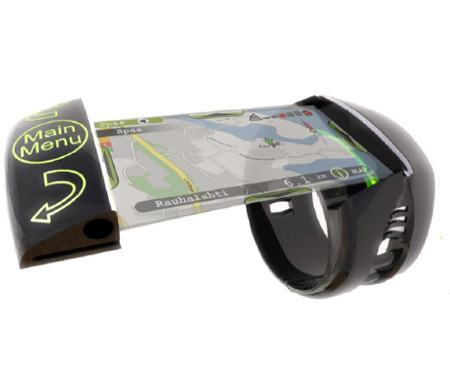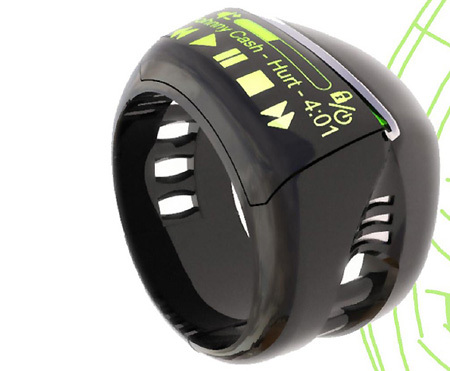
If you spend any time at all researching what Google wants to have in a web site, particularly on Google's own web site, they ALWAYS take the high road and request that you have plenty of original content and that you do not try to do activities designed for search engine manipulation.
Then Google does exactly the opposite.
Let me give you an example. If you place a well constructed entry on your low to medium traffic blog, there is a good chance that Google may eventually pick it up for indexing. But given the way the web has became extremely time sensitive, by the time your post is picked up chances are it is no longer a hot topic. Big sites, with that mysterious and all-important PR, get their content picked up quickly, so your small blog gets there a day late and a whole lot of pages down in the results.
So what does the hard working blogger do? Well, more than likely at some point they turn to social networking, via Web 2.0, to try to get their blog out there. Soon they realize that they can trade favors with others on the social networking sites (Digg, etc.) and have their posts appear to be more popular than it is. But it does bring in traffic.
And that is where Google, in their infinite algorithmic wisdom, visits the social networking sites and grabs links to the "popular" items. Now the blog, which could not get their posts into Google in a timely manner, has their posts bootstrapped into the Google index faster than a hundred paid link exchanges.
And Google seems to love it.
Google is being manipulated here, worse and quicker than they have ever been in the past since social networking can change its structure in a matter of minutes. Google is pwned by Web 2.0.
Google really should be ignoring the social networking sites, since there is NO ORIGNAL REAL CONTENT ON THESE SITES. There are comments, but by their very nature Digg and others are not about creating content, but rather sharing what is interesting and/or important. Google's mantra about all original content should kick in at some point and they avoid it.
I promise you they do not. I can create a post and if someone Digg's it, it WILL get into the indexes faster. Time and again, I have tested this when someone out there was kind enough to digg an article of mine.
So why doesn't Google simply avoid the Web 2.0 sites? They are caught in an effort to walk the line between web 1.0 (which in a lot of ways they defined) and become obsolete in the fast moving trends of the socially moving web 2.0. Google is slow moving by the sheer size of its task at hand – we are talking billions of pages. In order to keep up with the new, it seems that Google has elected to let the social networking sites bubble through the popularity chain, and then crawl those sites, hard and often.
After all, if pressed it can be justified that they are getting the traffic. If not any real content.
So, with that happening, who is dictating what appears in a timely fashion in the Google indexes, while it is a hot topic? Why, the Digg gangs, the Stumble buddies, the Reddit groups, they are making the decision for you. It has now became a popularity contest.
The web, equality for all, is so 2005. Welcome to the future.




